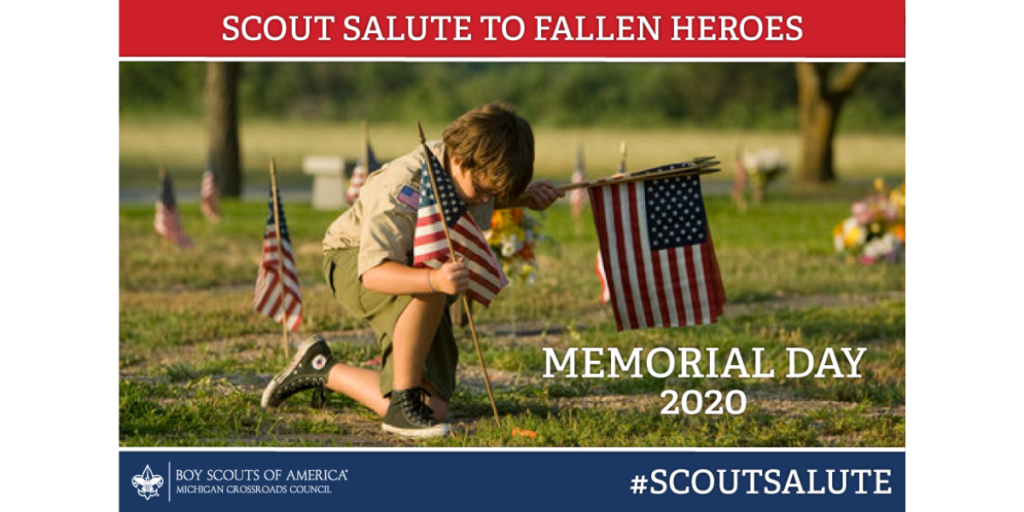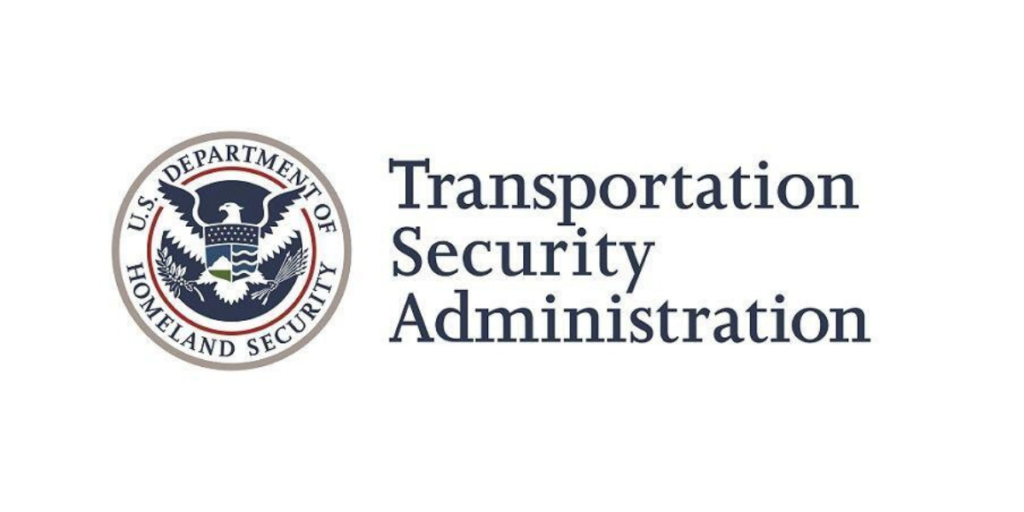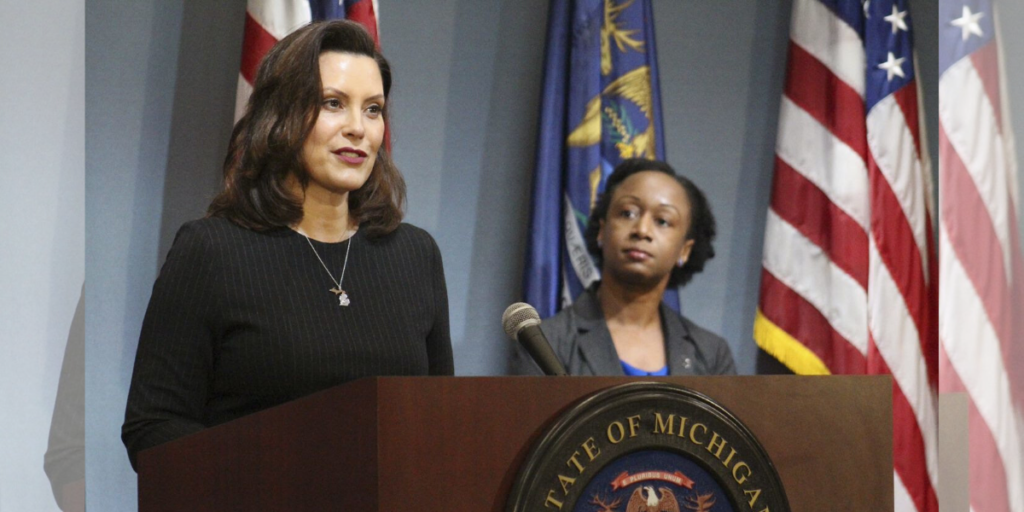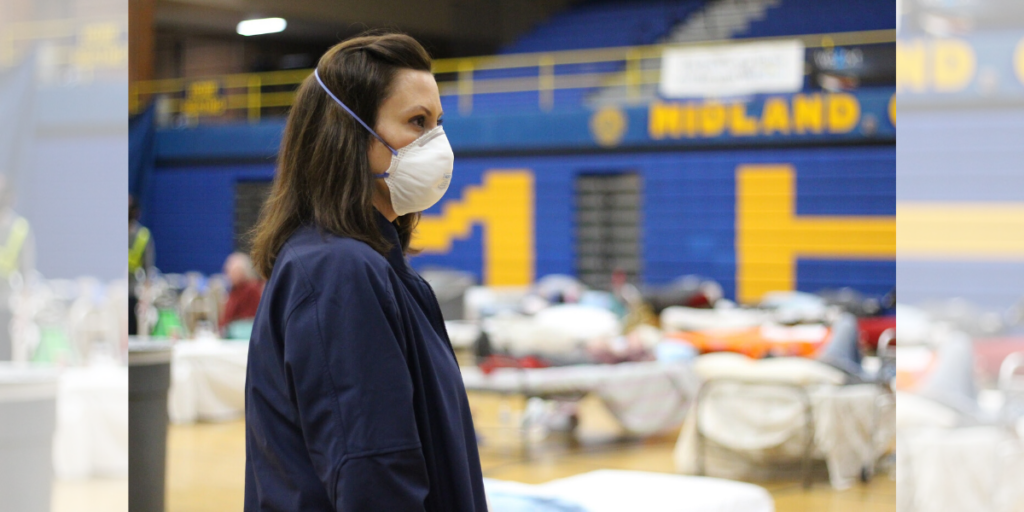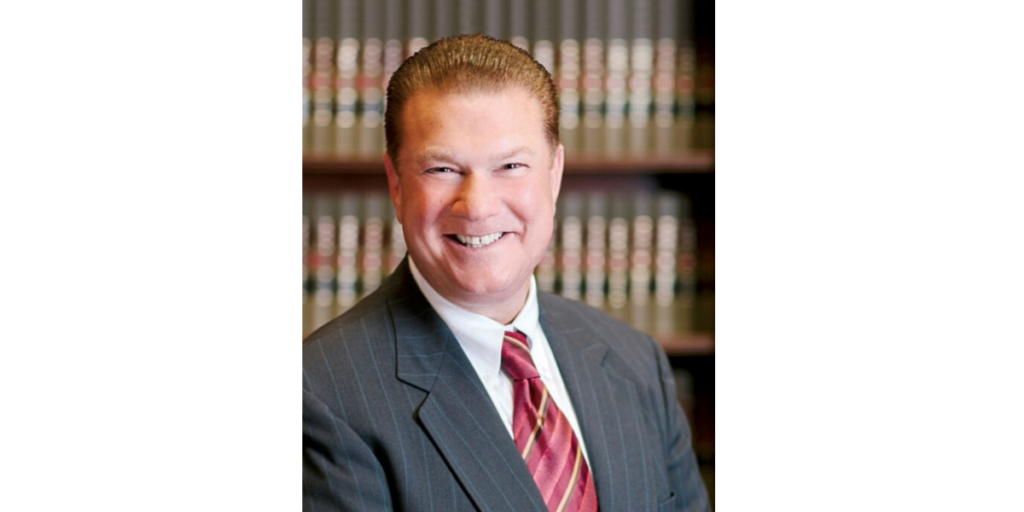Boy Scouts Will Pay Tribute Virtually This Memorial Day
Port Huron, MI — Boy Scouts of America (BSA) has partnered with the U.S. Department of Veterans Affairs (VA) to ensure every fallen hero is remembered this year with a special tribute and salute. Together, we are asking Scouts across the country to post tribute messages on veterans’ memorial pages within the Veterans Legacy Memorial – a digital memorial that houses a profile for each of the 3.7 million veterans interred in one of more than 140 national cemeteries.
The Department of Veterans Affairs announced last week it will prohibit public events at national cemeteries during the holiday weekend. This includes groups, like Scouts, placing American flags at grave sites. While Michigan Crossroads Council units are currently not permitted to conduct in-person meetings, activities, and outings of any sort until further notice, we strongly encourage all Scouts and families to participate in this virtual Scout Salute.
We are calling on Scouts across the country to build on the tradition of honoring our nation’s fallen heroes this Memorial Day by posting public tributes to our veterans in partnership with the National Cemetery Administration and by participating in the National Moment of Remembrance with a special Scout salute.
Follow the steps below to participate in this important effort.
Write a Tribute for a Fallen Hero
Post at least one tribute message for a fallen hero within the Veterans Legacy Memorial – a digital memorial that houses a profile for each veteran interred at a national cemetery.
Please consider leaving a tribute for one of the fallen heroes who has passed away during the COVID-19 pandemic – at a time when customary services and funeral honors cannot safely be performed. The names of those service members are listed on the VA’s Roll of Honor webpage and then copied and pasted into the search bar within the Veterans Legacy Memorial.
All tributes are reviewed by the VA before being posted so there may be a delay before your message appears on the page.
Encourage Others to Write Tributes
Use the social-sharing feature at the top of the Veterans Legacy Memorial pages to tell your family, friends and neighbors about the fallen hero you selected and ask them to write their own tribute.
Include #ScoutSalute #NoVeteranEverDies in your post.
Customize a Memorial Poster to Hang in Your Window
Fill in the name of the fallen hero you selected and place the Memorial Poster in a window in your home for all to see.
Download Template One <HERE>
Download Template Two <HERE>
Join Our Collective Scout Salute During the National Moment of Remembrance
At 3:00 p.m. local time on Memorial Day, every Scout should salute the American flag from their driveway, sidewalk, or home in Scouting uniform and say the name of a fallen hero to honor them for their service.
At 3:01 p.m. local time, all Scouts who play the bugle or horn are invited to play “Taps” from their homes in unison with others throughout their community.
Share Photos of Your Memorial Poster and Scout Salute
Share your photos on social media now through Memorial Day using #ScoutSalute #NoVeteranEverDies.

